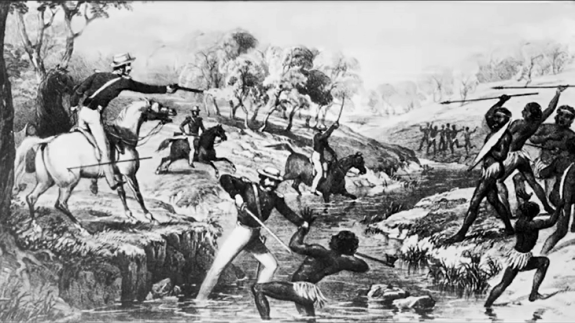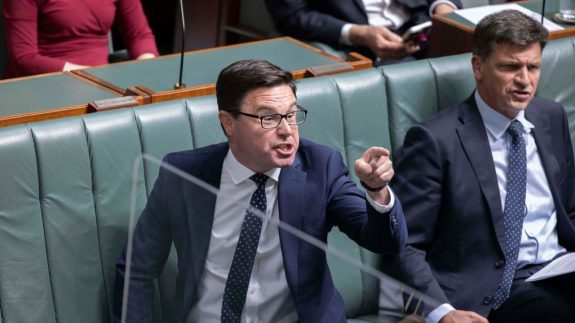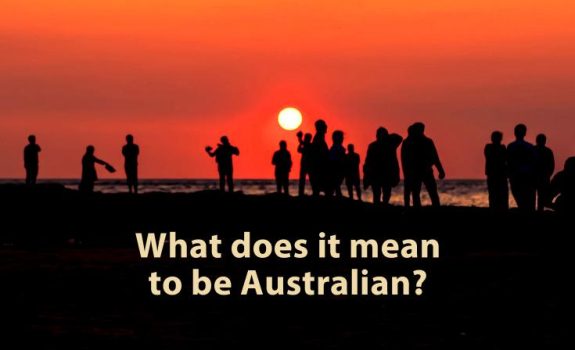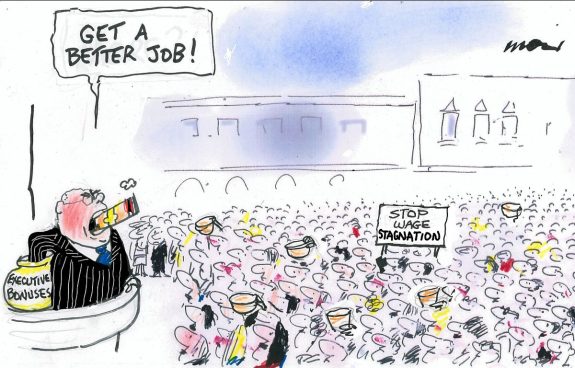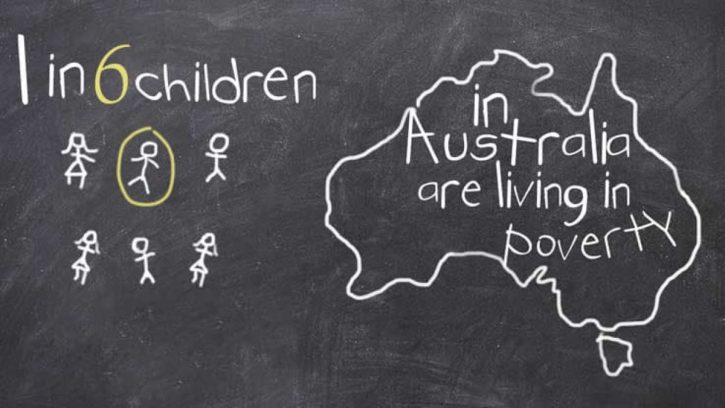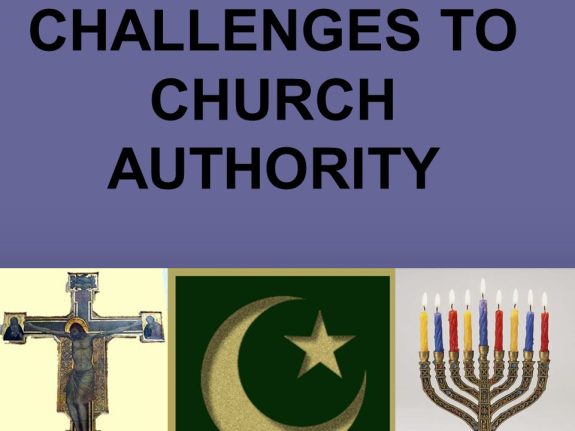Cognitive Bias
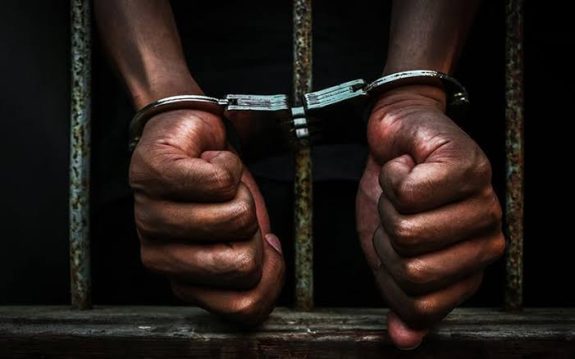
A term I had not come across before but can cover a multitude of sins: Cognitive Bias.
Reading an article in the Guardian this morning, there was a report on an inquest into the death of a man who had died from perforated stomach ulcers a day after being sent home from a hospital visit. The reason a man died from perforated stomach ulcers was because he was misdiagnosed with cannaboid hyperemesis syndrome, in other words, he was thought to be high as a kite from smoking some quality hash. He was an Aboriginal man, and the doctor, explaining his misdiagnosis based his diagnosis on the first impression he had formed because “There is a lot of marijuana use in the community. It’s just pattern recognition.”
The seemingly never ending saga of the killing of young Aboriginal man, Kumanjayi Walker, now with the inquest into his death in its eighteenth month, probing yet again the cultural issues which led to the death of this troubled young man, shot by a police officer who was acquitted of murdering him, who now fronts the coronial inquest questioning the inherent racism which appeared to have been part of the police culture in Alice Springs at the time of the shooting. Some of the text messages presented to the court indicate that Aboriginal people were not respected by the police, racist slurs and crude descriptions were normal discourse it seemed, reducing First Nations people to be seen as less than human. A perception which then normalises physically violent and verbally abusive behaviour.
The incarceration rate of First Nations people is outrageous. At 30 June, 2023 Aboriginal and Torres Strait islander prisoners accounted for 33% of all prisoners throughout Australia but are less than 4% of the population. Does that mean that First Nations people are more criminal than the immigrants who have taken their land?
I cannot remember where I was when I heard this, I think I was in the car on my way to work several years ago, but the former Premier of Western Australia mentioned that when comparing traffic infringements, those detected remotely through speed cameras, First Nations drivers were less likely to be caught speeding on the various cameras spread throughout the road network, but were far more likely to be charged for some offence or other through a traffic stop. I mentioned this at the time to a young Aboriginal work mate who told me that when he removed the Aboriginal flag from his car he was not pulled over for a random breath test or a licence check just for being on the road as happened frequently when the flag was on display. Each time the car was checked over. tyres, lights, seat belts, everything was checked and too often some small thing was found which resulted in a fine and a compulsory vehicle check.
Police presence in areas with a high Aboriginal population is more visible than in the quiet parts of suburbia, leading to a sense of intimidation, that there is a constant surveillance that is not evident in other parts of the suburbs.
First Nations people are as a group, the most disadvantaged in Australia. A lack of opportunity for employment, too much time and not enough money entrench a sense of ‘not good enough’, and the depression which flows from that sense of worthlessness, a sense of helplessness and hopelessness.
Drug and alcohol abuse are endemic in such environments, not just within First Nations communities, but in all places where the ‘Shit Life Syndrome’ is evident. (The term was coined to describe post-industrial communities in Britain where the good, well-paying jobs had gone and the people who remained were left in a post-industrial wasteland with few job prospects and very little money besides government relief payments.)
None of this is new, in fact it has been going on for over 236 years. Cognitive Bias toward Aboriginal people has been the defining attitude, a looking down the nose at those who are deemed to be lesser beings than the immigrants who have taken over the land. And last year we missed an opportunity to correct some of the misconceptions that have so marked our attitude and behaviour toward Aboriginals. It seems that ‘we have all the answers… but they just don’t get it’.
Time after time, study after study, the answers are the same, build more jails, heavier policing, ban alcohol, take the kids away from dysfunctional communities, one suggestion was to ‘just stop them from breeding’.
But it seems that those who know it all are not really good at listening. At understanding the anger which intergenerational grief and dispossession has allowed to fester as another set of edicts is thrown down to settle the lawlessness of kids running riot and men inflicting violence against women in alcohol fueled rages, just bring in more police, heavily armed with tasers and guns to take care of it.
But can we find hope in this apparent hopelessness?
It seems that there are some optimistic voices, if those at the top of the tree will come down and really listen, engage in active listening, as Judy Atkinson outlined in a TED talk in 2017, ‘The value of deep listening – The Aboriginal gift to the nation.’
“There is an anger across this nation that we choose not to acknowledge.
It is an anger fuelled by racism, prejudice, discrimination and poverty. A distressed discontent that is growing, not just here but around the world. But under anger is always grief…
There is a truth in this country we must confront as we move into maturity. The grief of separation and loss, of shame, of pain, deep and unresolved. A woundedness that is much more more than the commemoration of the Anzacs and much more than the celebration partying and boozing that we have on Australia Day. This country is more than that. It has to be. It holds the trauma of many people across many generations. The Indigenous. The invaders. The immigrants. All seeking refuge from pained disorder that we humans are so good at creating in this world.
“It is time we started the work of deep listening. We, all together, the ‘I’s coming to ‘we’. Working with each other for transformation. Listening. Listening deeply to one another in contemplative reciprocal relationships, a mindfulness to the multiple stories in the lands we call home… Miriam-Rose (Ungunmerr-Baumann) said ‘Dadirri is the Aboriginal gift to this nation, a gift that we all have been waiting for. it is the gift of listening.’
“If you accept this gift, as a nation we can all grow together.”
(Julianne Shultz. The Idea of Australia Page 89.)
Like what we do at The AIMN?
You’ll like it even more knowing that your donation will help us to keep up the good fight.
Chuck in a few bucks and see just how far it goes!
Your contribution to help with the running costs of this site will be greatly appreciated.
You can donate through PayPal or credit card via the button below, or donate via bank transfer: BSB: 062500; A/c no: 10495969










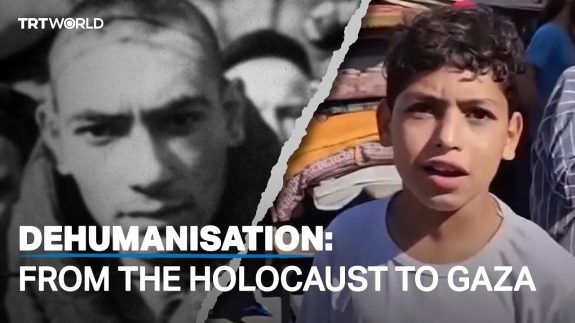
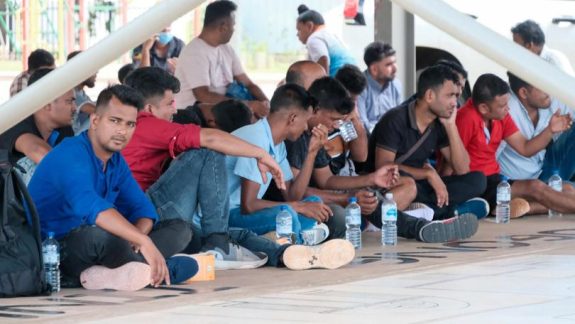

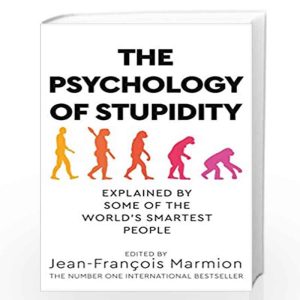 It would be difficult to actually ban people who work in Parliament House from drinking, but it surely would be a good idea to limit drinking, ban it completely within Parliament House. Parliamentarians would doubtless say that would be impossible since there are many official functions held which may well include meals with toasts and so forth, so limit the alcohol to those functions but ban alcohol at all other times.
It would be difficult to actually ban people who work in Parliament House from drinking, but it surely would be a good idea to limit drinking, ban it completely within Parliament House. Parliamentarians would doubtless say that would be impossible since there are many official functions held which may well include meals with toasts and so forth, so limit the alcohol to those functions but ban alcohol at all other times.